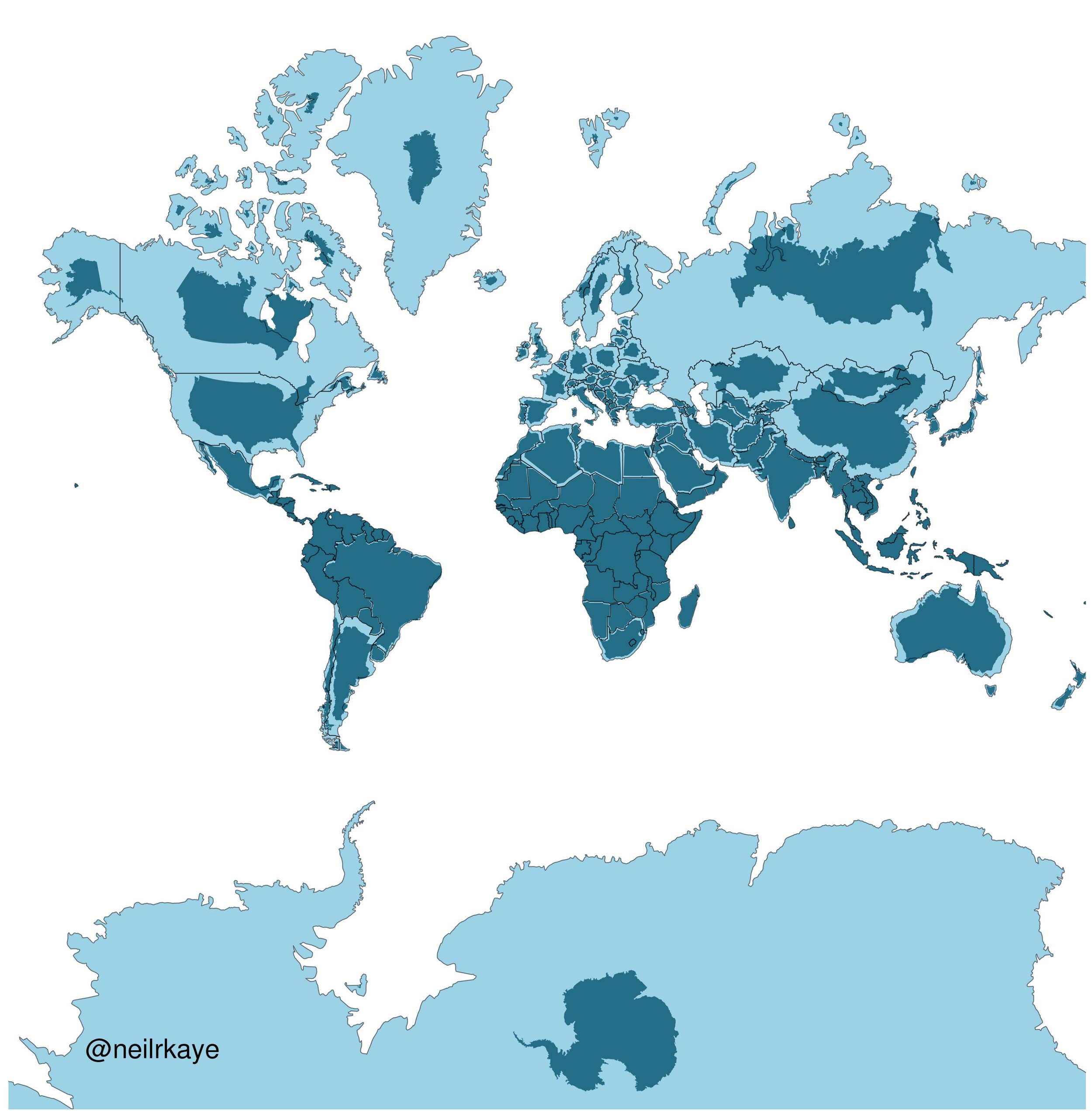

Mapping 101: Your Cartography Crash Course
Welcome to Mapping 101, your cartography crash course. Maps are a beautiful balance between science and art, serving as both tools for navigation and mediums for storytelling. They play a pivotal role in our understanding of the world, providing insights into everything from geographic features to social dynamics. While the types of maps and their applications are nearly endless, most maps can be generalized as either a reference map or a thematic map.

What makes a great map?
The impact of a good map versus a bad one can be profound. Accurate maps facilitate better decision-making and efficient resource allocation, which is crucial in scenarios like disaster response. Conversely, poorly designed maps can lead to misunderstandings and potentially dangerous mistakes.

What is Spatial Science in Geography?
Have you ever wondered how the location services on your phone seem to be eerily accurate in determining where you are, even when you’re on the move? Well you no longer have to wonder why! Explore the capabilities, science, and real-world applications of spatial science now!

Multispectral Imaging: An Overview
Ever wondered about the vibrant rainbow-colored imagery on your weather forecast? That's the magic of multispectral imaging! Dive into the fascinating science behind it, explore its diverse applications, and uncover the different classifications of this incredible technology.

What is Geospatial Data?
Ever wondered how your phone knows the fastest route to your destination or how scientists predict the weather? The answer lies in the power of geospatial data, a force revolutionizing our digital and physical worlds. Geospatial data refers to the information we can collect surrounding a natural or constructed feature, such as a forest or body of water's specific geographic location and unique characteristics.

Orthomosaics Explained
If you’re new to GIS or drones you may not be totally familiar with the term ‘orthomosaic’ just yet. But as you dive deeper into this world, it is unlikely that you will be able to avoid it. You are on the fast track to learning what orthomosaics (aka orthos) are and how beneficial they can be.

